ELAR 5.6
Comprehension skills: listening, speaking, reading, writing, and thinking using multiple texts. The student uses metacognitive skills to both develop and deepen comprehension of increasingly complex texts. The student is expected to:
- (1) establish purpose for reading assigned and
self-selected texts;
- (A) generate questions about text before, during, and after reading to deepen understanding and gain information;
- (B) make, correct, or confirm predictions using text features, characteristics of genre, and structures;
- (C) create mental images to deepen understanding;
- (D) make connections to personal experiences, ideas in other texts, and society;
- (E) make inferences and use evidence to support understanding;
- (F) evaluate details read to determine key ideas;
- (G) synthesize information to create new understanding; and
- (H) monitor comprehension and make adjustments such as re-reading, using background knowledge, asking questions, and annotating when understanding breaks down.
- Plus Plan
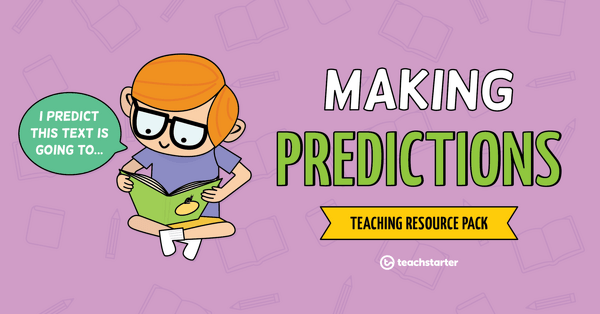
Comprehension Strategy Teaching Resource Pack - Making Predictions
An extensive resource pack helping students to learn how to make predictions.
- Plus Plan
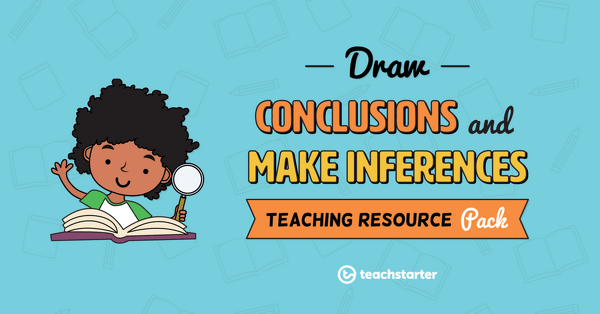
Comprehension Strategy Teaching Resource Pack - Draw Conclusions and Make Inferences
A comprehensive resource pack helping students draw conclusions and make inferences.
- Plus Plan
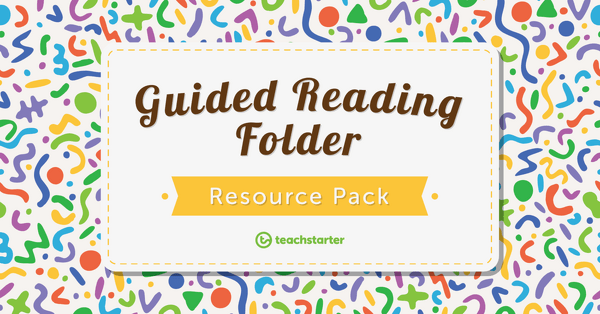
Guided Reading Folder Templates and Checklists
Set up your guided reading groups binder with this collection of templates.
- Plus Plan
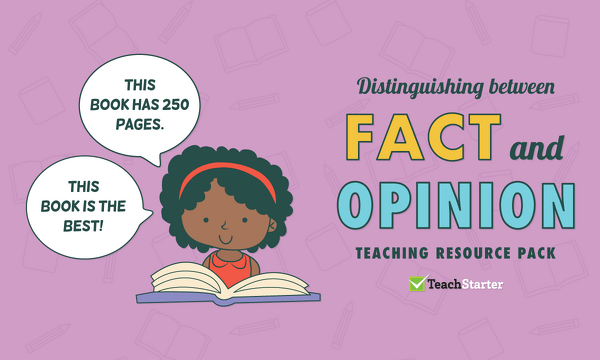
Comprehension Strategy Teaching Resource Pack - Distinguishing Between Fact and Opinion
A comprehensive resource pack to help students learn to distinguish between fact and opinion.
- Plus Plan
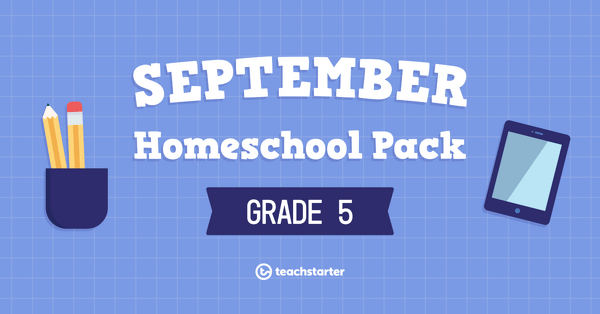
September Homeschool Resource Pack - Grade 5
A collection of age-appropriate, Grade 5 teaching resources and activities for homeschool parents to use with their children during the month of September.
- Plus Plan
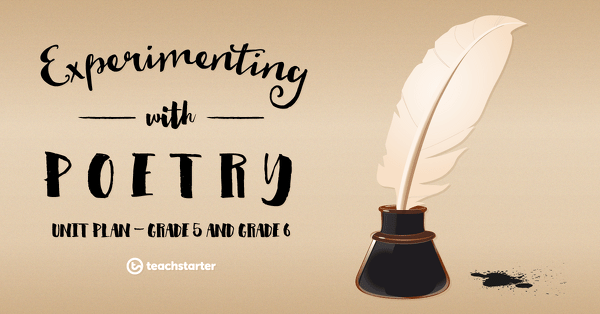
Experimenting with Poetry Unit Plan - Grade 5 and Grade 6
This English unit addresses the common elements of poetry and explores how these may be applied to shape poems, limericks, odes and simple ballads.
- Plus Plan
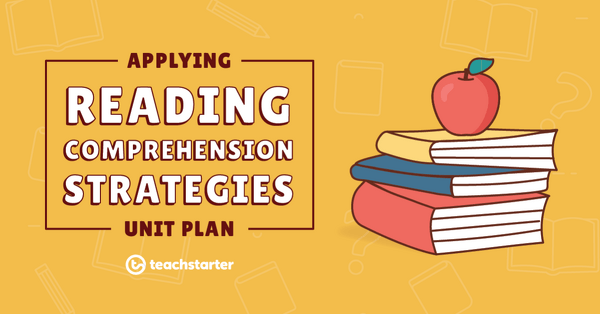
Applying Reading Comprehension Strategies Unit Plan
This reading unit is designed to explicitly teach the reading comprehension strategies of activating prior knowledge, making connections, questioning, monitoring, predicting, inferring, visualizing, and summarizing to elementary students, with a focus on literary texts.
- Plus Plan
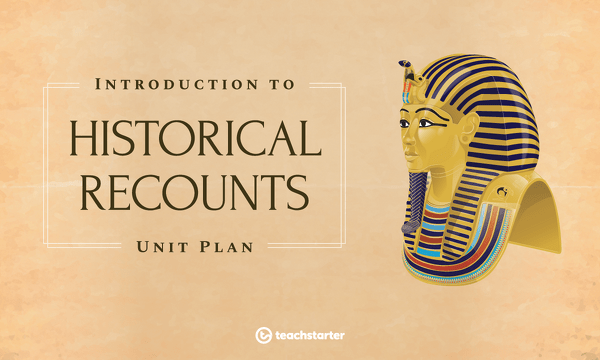
Introduction to Historical Recounts Unit Plan
This English unit has been designed to introduce the historical recount text type to older students; specifically, the purpose, structure and language features of factual historical recounts.
- Plus Plan
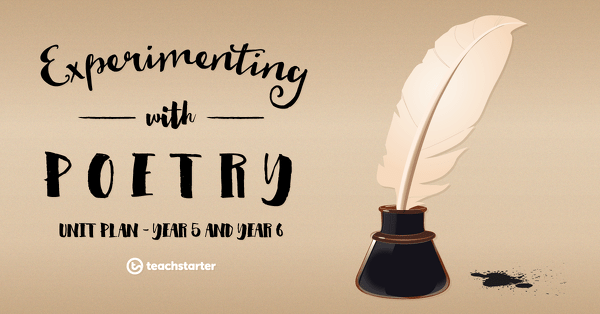
The Poet's Lament
A 60 minute lesson in which students will explore their preconceived ideas and attitudes towards poetry.
- Plus Plan
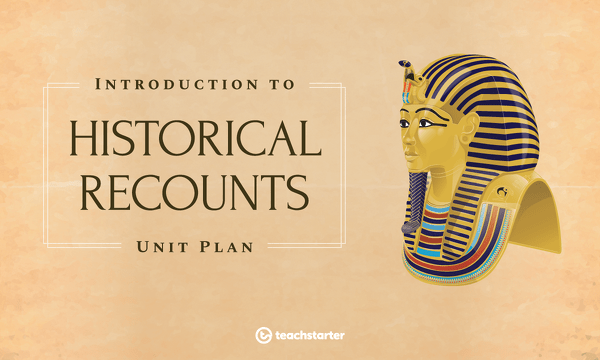
Historical Recounts - Literary vs Factual
A 60 minute lesson in which students will explore the difference between a literary historical recount and a factual historical recount.
- Plus Plan
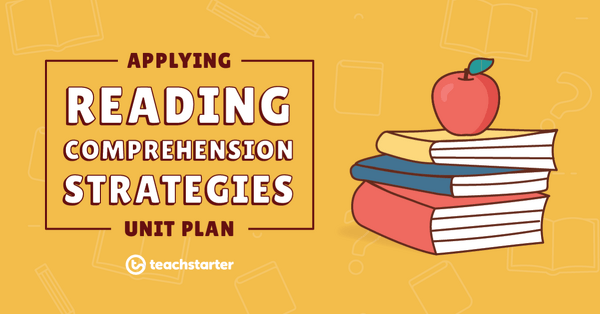
Visualizing
A 60-minute lesson in which students will learn and apply the reading comprehension strategy of visualizing.
- Plus Plan
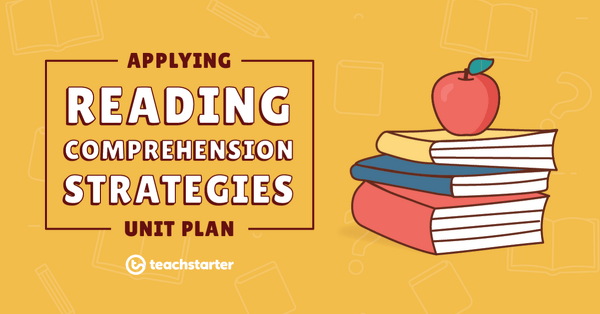
Inferring
A 60-minute lesson in which students will learn and apply the reading comprehension strategy of inferring.
- Plus Plan
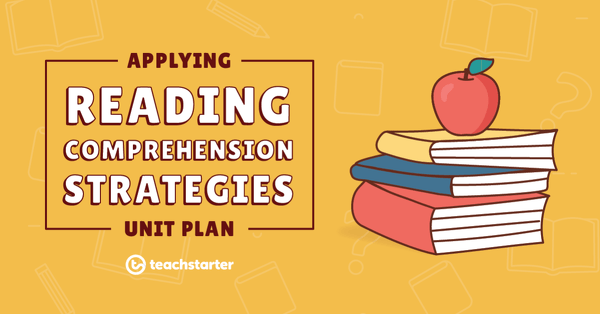
Predicting
A 60-minute lesson in which students will learn and apply the reading comprehension strategy of predicting.
- Plus Plan
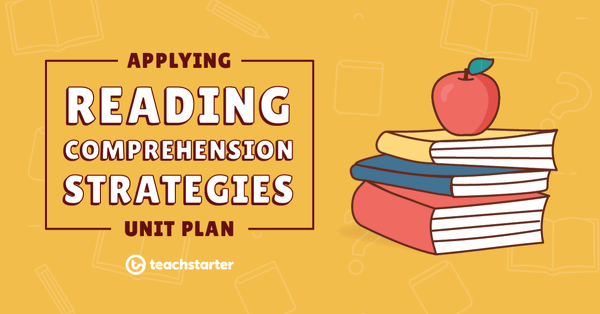
Monitoring
A 60-minute lesson in which students will learn and apply the reading comprehension strategy of monitoring.
- Plus Plan
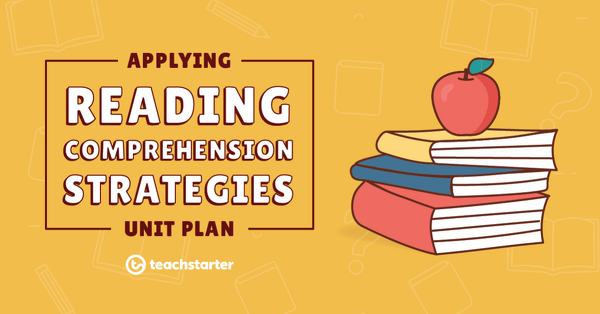
Questioning
A 60-minute lesson in which students will learn and apply the reading comprehension strategy of questioning.
- Plus Plan
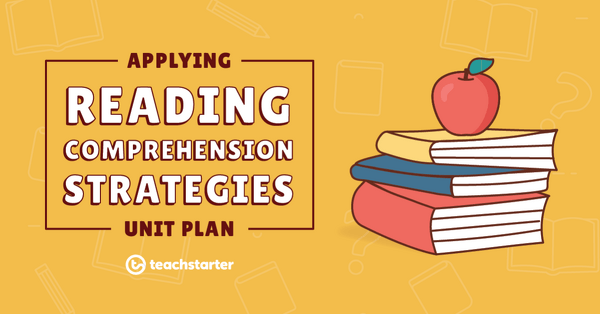
Making Connections
A 60-minute lesson in which students will learn and apply the reading comprehension strategy of making connections.
- Plus Plan
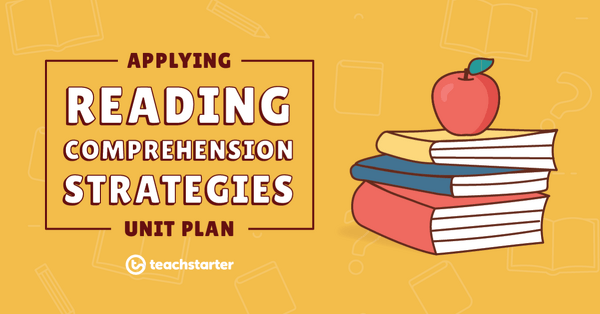
Activating Prior Knowledge
A 60-minute lesson in which students will learn and apply the reading comprehension strategy of activating prior knowledge.